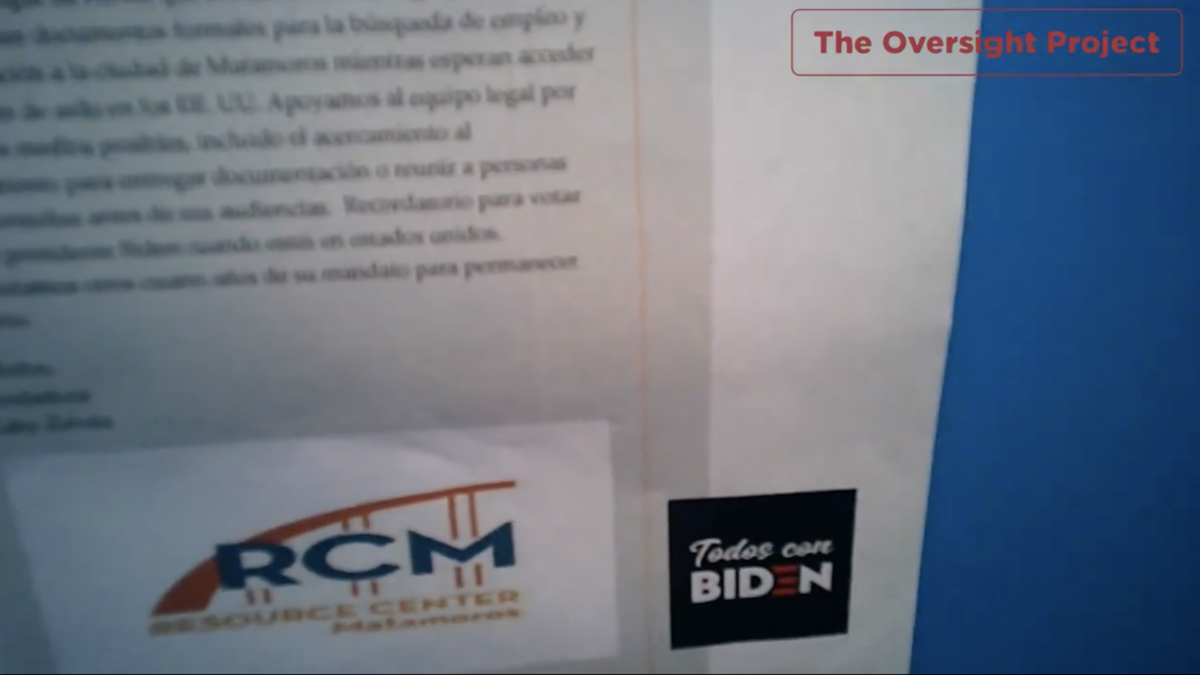Freedom of speech and expression are fundamental human values—our society is built upon them. However, in our current marketplace of ideas, public discourse is continuously being limited or eliminated. There is emotional rhetoric from all sides, to be sure, but there is a strident tide of emotional rhetoric when it comes to discussing the issues of marriage and the Arab-Israeli conflict—particularly from those who want the redefinition of marriage and from those who are against Israel’s right to exist and to defend itself.
If someone happens to hold that marriage is the union between a man and a woman, they are deemed “exporters of hate,” “extremists,” “bigots,” “bullies,” “homophobes,” “opponents of equal rights,” and “anti-equality.” These are catchy labels—they deliver an emotional jab. When you have the label “bigot” after your name, and others constantly reinforce this, nothing else you say matters.
If you are a prominent person, such as Ben Carson, and you hold marriage to be the union of one man and one woman, all your views will be “closely examined.” Or, as seen recently with Domenico Dolce and Stefano Gabbana, who affirmed marriage as being between a man and a woman, holding such a view is grounds for a boycott campaign. Are these fair charges against those who happen to hold a different view on marriage?
Let’s Search for Truth, Not Shut People Up
In both of his books, “Debating Same-Sex Marriage” (2012) and “What Is Wrong with Homosexuality?” (2013), John Corvino makes a clear distinction between the debate over same-sex marriage and the debate over the morality of same-sex relationships. The assumption that disagreement entails fear or hatred is unwarranted, because pejorative labels terminate discourse, but also because, as Brandon Ambrosino says, “It degrades the foundation that undergirds a democratic, pluralistic society.”
A diverse and tolerant society is not one that shuts down public discourse. Instead, it provides a platform for competing ideas and allows the best ones to win. Not liking something or disagreeing with any particular view is not sufficient to deem anyone as discriminatory or hateful.
Donating money to Friends of the IDF or even playing live in Israel will get you scorned. If someone happens to be pro-Israel or expresses support for Israel, they are also deemed “irrational bigots” and “brainwashed” supporters of a “genocidal state.” Not only are these charges far from the truth, but as with the marriage debate, such pejorative labels end all further discourse on the topic. Emotional rhetoric clouds facts, which is why we should promote a culture that values truth—one that values public discourse.
Marshall Your Evidence, Not Your Emotion
Instead of promoting a boycott campaign against Dolce&Gabbana as Elton John did, for example, public figures should promote further discussion about the social implications of in-vitro fertilization or of its effect on children, and whether the view of marriage as between a man and a woman has a rational basis. Instead of deeming Israel a “genocidal state,” committing all sorts of “war crimes,” people should encourage further discussion of whether Israel is in fact guilty of these charges.
Moreover, interested students should read about the proposed two-state solution and the history of the Arab-Israeli conflict. Coloring these issues does no justice to students. We go to the university to learn and pursue knowledge, not to learn to not question sensitive issues.
What is the point of being a democratic society if emotional rhetoric prevents our debates? People should promote further discussion and research of all views, especially among students. Let’s not shut the door of the marketplace of ideas. Political correctness hijacks our freedoms. Postmodernism hijacks truth. We cannot marry a dream and divorce from reality. This is dangerous.







